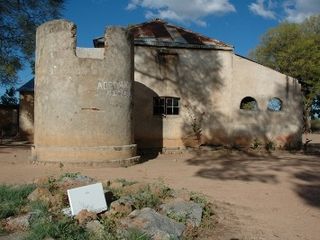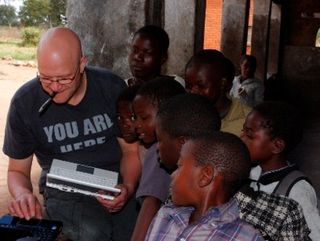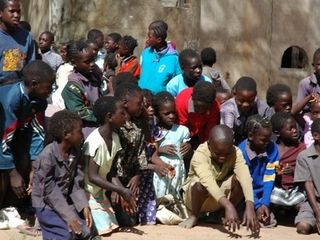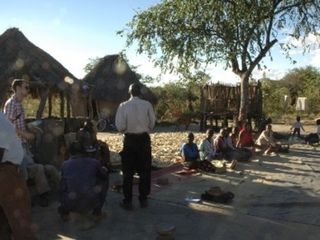What if you had broadband, but no running water?
Life in a Zambian village

By 10 o'clock, the sun is high in the Zambian sky. Five young children between the ages of six and ten are walking to Simakakata Community School. It takes them two hours or more to get there and the same time to return in the evening.
They have no food or water – the only thing they'll eat until they get home are bachinga-chinga berries they collect on the way. They do this every day.
The children's parents or guardians are subsistence farmers. They struggle to pay even the 80p a month fees the school has to charge for the upkeep of the volunteer teachers they rely on.
Today, we're walking with them. We're carrying a cheap EeePC with a built-in 3G modem. We can upload photos of their journey as they walk and Tweet the interesting points of the journey for the benefit of donors and followers of LearnAsOne, an educational charity from the UK that's here trying to raise funds to build a schoolhouse and borehole for Simakakata.

The school we're at is near Kalomo, two hours north of Livingstone, on a main road that lacks tarmac for most of its length. There is no mains power or running water at the school, but we can download images of home and show the children their stories as they're posted to the site.
When LearnAsOne goes home, it'll leave a Flip video camera with them to document their progress, which a local NGO (Non Governmental Organisation) will upload.

Throughout the area, the EDGE connection is incredibly good. It falls over occasionally, but while it's up we can send 17 fairly high resolution photos at a time, much more reliable than the local internet cafe. At just 18p per megabyte it's not expensive either.
Get daily insight, inspiration and deals in your inbox
Get the hottest deals available in your inbox plus news, reviews, opinion, analysis and more from the TechRadar team.
Fred Mokoena works at MTN Zambia, the country's second largest mobile provider. Its network covers around 50 per cent of the country, geographically speaking, and around 87 per cent of the population. Every single one of its masts supports EDGE, even though most rely on small alternative power generators using solar, wind or even dung to deliver service.
"In Zambia the fixed line ISPs are very few and far between," he says, "And they don't have the capacity or capability of delivering a solid foundation for business applications."

